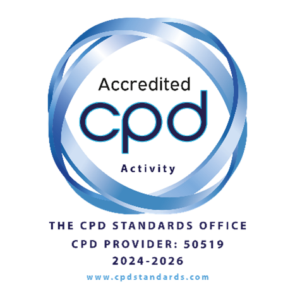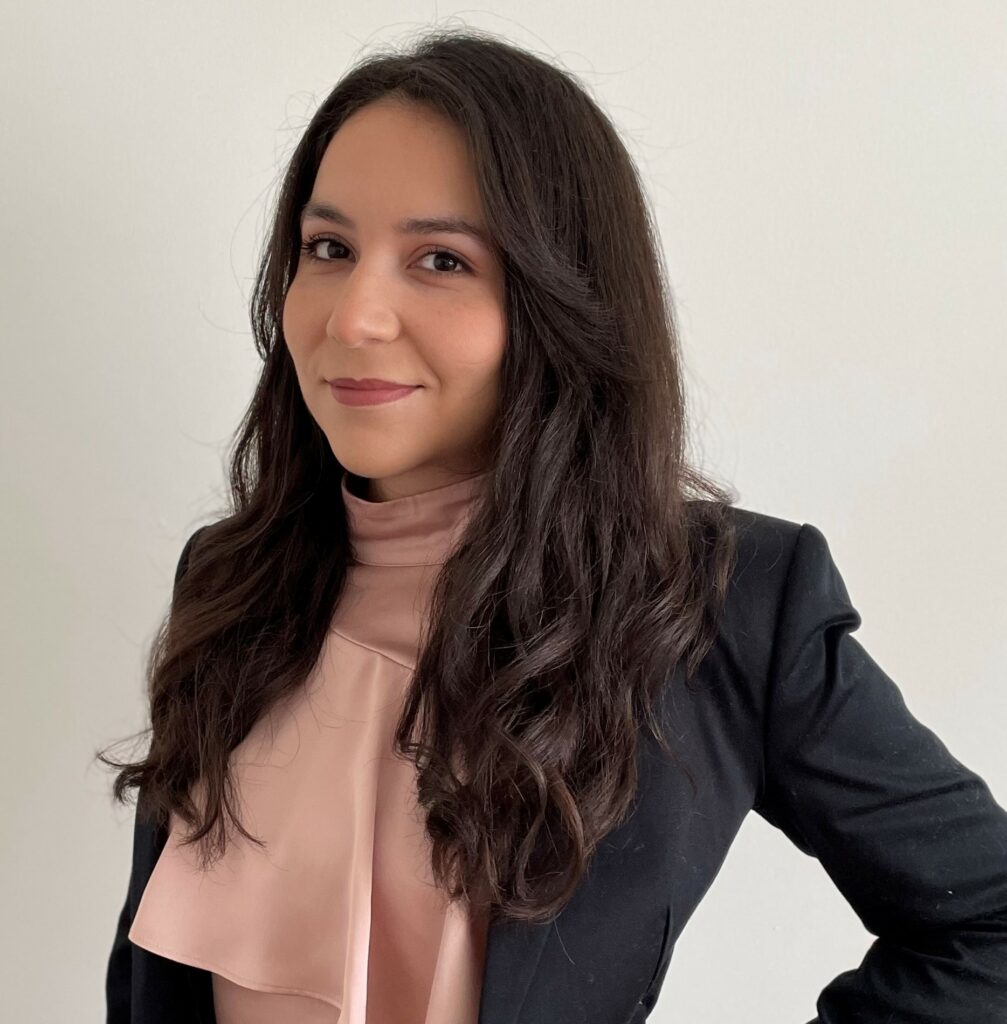
Principles of Mobile Privacy and Security
Overview
The growth of the mobile internet and converged services is creating new challenges related to the use and protection of people’s personal information. The legal landscape is also evolving to address the challenges related to privacy and security posed by emerging technologies and enhanced data processing capabilities.
This course investigates the current state of mobile privacy and security, highlights research into consumer attitudes towards their privacy and examines current and emerging regulations around the world.
The course also reviews the GSMA’s universal Mobile Privacy Principles, Privacy Design Guidelines for App Developers and industry initiatives that give consumers more control over how their information is used and processed.
Course Objectives
- Understand the key aspects of mobile privacy, data protection, security concepts and consumer trust.
- Consider the role of mobile operators, internet content providers and consumers in respecting and protecting the privacy of consumers.
- Discover how regulation can be applied effectively to protect consumer privacy and security in a converged world.
- Explore practical solutions and initiatives that enable the operationalisation of privacy and security within mobile operator environments.
- Establish a good foundation in privacy and data protection as well as security principles as they apply within the mobile industry.
Course Enrolment Criteria
This course is open to:
- Regulators
- Policymakers
- Representatives from academia and international organisations working on regulatory or policy issues
We cannot accept applications from individuals working in the private sector or those not involved in policy or regulation.
Course Completion Certificates
All our courses are certified by the United Kingdom Telecoms Academy (UKTA) and accredited for Continuing Professional Development (CPD).

This course equates to 10 hours of CPD training.
To qualify for a course completion certificate, you must view all the course sessions and answer correctly all the quiz questions you will find as you progress through the sessions. You will also need to fill out the course survey.
You do not have to complete a final project to earn a course completion certificate but we strongly encourage you to create one. Putting together a final project will give you an opportunity to reflect on the principles covered during the course and help you discover how they could be applied to your own country. If you submit a final project the course trainer will provide you with valuable feedback that you may find useful in your day-to-day work.
Course Structure and Study Time
The course consists of three sessions and you will gain access to all of them on the course start date. You will have the opportunity to ask questions about the content of the course on the course forum.
It should not take you more than two to three hours of study time per week to complete the course in three weeks. You will have, however, six weeks to complete it. If after six weeks you have not completed the course, you will have to start it again the next time it is offered.
If you decide to submit a final project, it will probably take you four to six hours to put it together. You will have six weeks to submit your final project.
If you have any special needs regarding this training course, please us let us know via our contact form so we can get in touch to discuss how your needs can be met.
Enrol now

Related Online Courses
